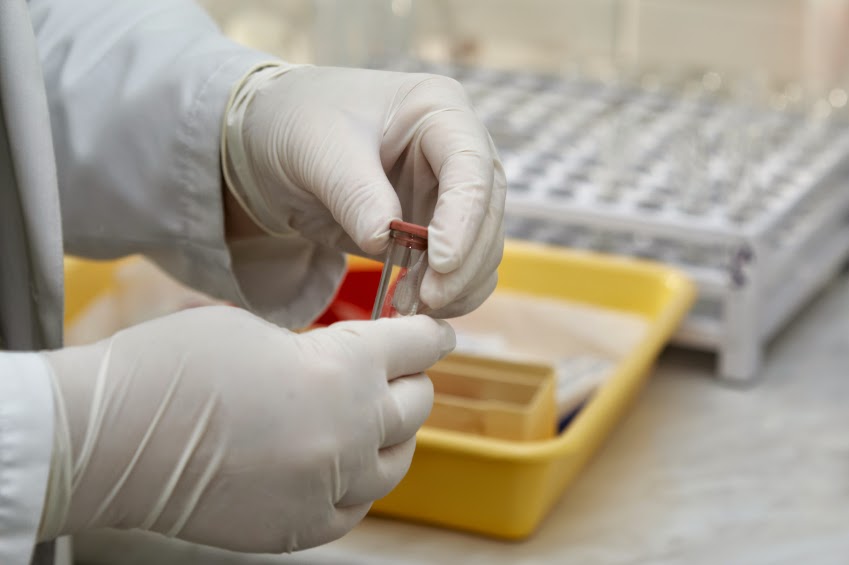Chicken
pox
Chickenpox
is usually diagnosed based upon a person's signs and symptoms. But testing for
Varicella Zoster Virus or for the antibodies produced in response to infection
may be performed in certain cases like in pregnant women, in newborns, in
people prior to organ transplantation, and in those with HIV/AIDS. When someone
is exposed to VZV, their immune system responds by producing antibodies to the
virus. Two classes of VZV antibodies may be found in the blood: IgM (which is
present in infected individual within weeks after initial exposure) and IgG
(produced by the body several weeks after the initial VZV infection and provide
long-term protection).
Chikungunya
Specific
viral marker for chikungunya is Chick IgM. Clinical
manifestation of chikungunya is difficult to differentiate with dengue
hemorrhagic fever, thus need to do the specific IgM. Rapid assay shouldn’t be
used before first week of infection as it is less sensitive in that period.
Dengue
fever
Tests
for dengue virus-specific antibodies, types IgG and IgM, are useful in
confirming infection in later stages. Both IgG and IgM are produced after 5–7
days. It is easily detectable in early stages by Dengue NS1 antigen test.
Hepatitis
B
Serological
testing involves measurement of several hepatitis B virus (HBV)-specific c
antigens and antibodies. Different serologic “markers” or combinations are used
to identify different phases of HBV infection and to determine whether a
patient has acute or chronic HBV infection
Hepatitis
B surface antigen (HBsAg):
A
protein on the surface of hepatitis B virus; it can be detected in high levels
in serum during acute or chronic hepatitis B virus infection. The presence of
HBsAg indicates that the person is infectious. The body normally produces
antibodies to HBsAg as part of the normal immune response to infection.
Hepatitis
B surface antibody (anti-HBs):
The
presence of anti-HBs is generally interpreted as indicating recovery and
immunity from hepatitis B virus infection. Anti-HBs also develops in a person
who has been successfully vaccinated against hepatitis B.
Total
hepatitis B core antibody (anti-HBc):
This
appears at the onset of symptoms in acute hepatitis B and persists for life.
The presence of anti-HBc indicates previous or ongoing infection with hepatitis
B virus.
IgM
antibody to hepatitis B core antigen (IgM anti-HBc)
Positivity
indicates recent infection with hepatitis B virus (<6 mos). Its presence
indicates acute infection.
Hepatitis
C
Due
to the fact that acute HCV infection is usually asymptomatic, early diagnosis
of the HCV infection is rare. Usually the infection may remain undiagnosed,
often until serious liver damage has developed. HCV infection is diagnosed by
doing Screening for anti-HCV antibodies with a serological test.
Hepatitis
A
Although
fecal detection is possible in early stages, specific diagnosis is made by
Hepatitis A specific IgM antibodies in blood. It is detectable in during acute
infection and persists for 14 weeks.
Hand
Mouth Foot Disease (HMFD):-
In
certain case stool or throat swab is taken for culture.
Herpes
zoster-
Similar
to chickenpox herpes zoaster is diagnosed by VZV specific IgM antibody in blood
Japanese Encephalitis
It
is diagnosed by detection of IgM antibodies in serum and cerebrospinal fluid.
Rubella
Rubella
virus specific IgM antibodies along with characteristic rash
confirms the diagnosis.
HIV
Diagnosis is done by detection of HIV antibodies by
ELISA method. CD4 lymphocyte count
is used for the prognosis of treatment.
Poliomyelitis
Antibodies
to polio virus detected in blood during early course of infection.





